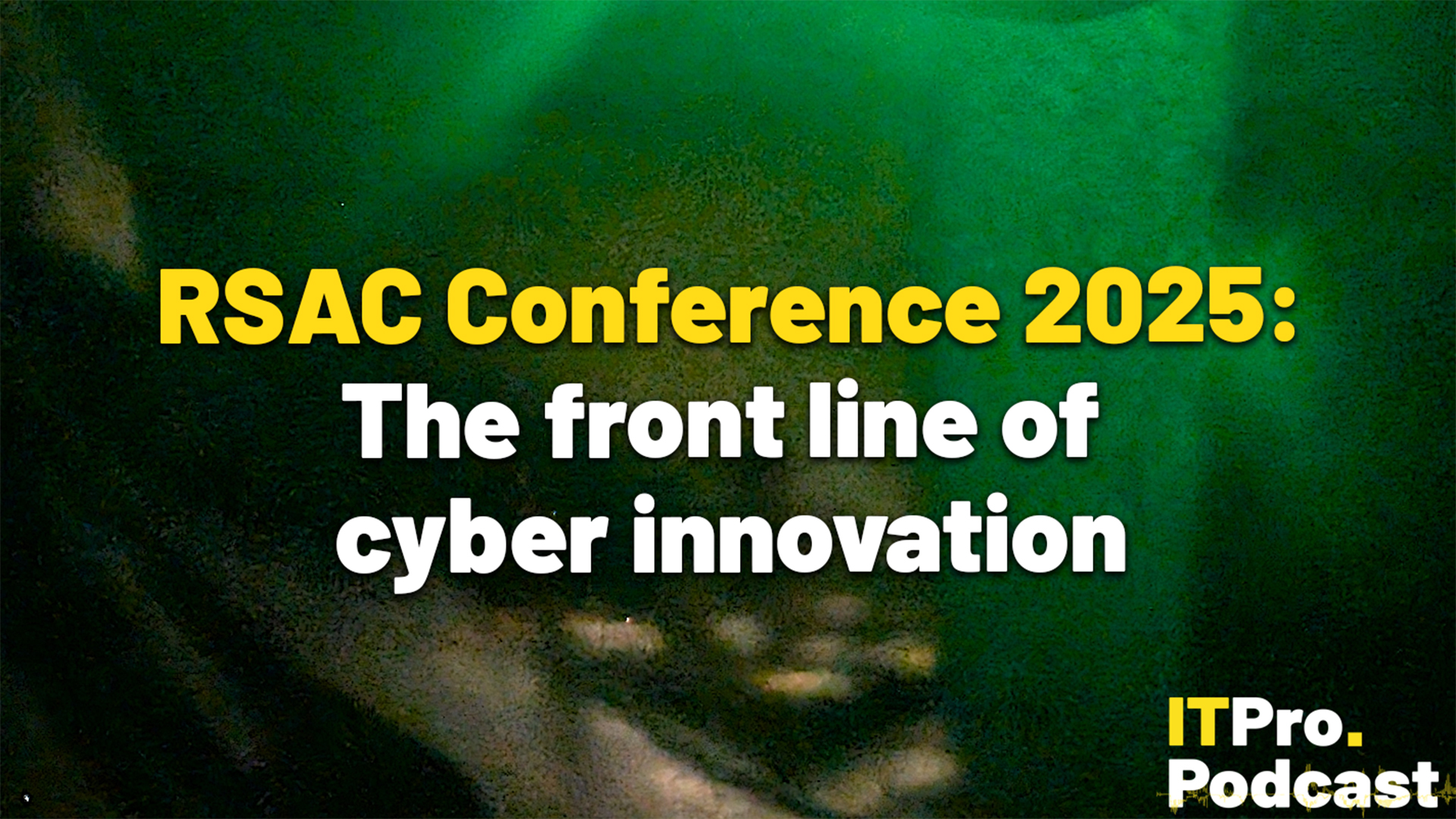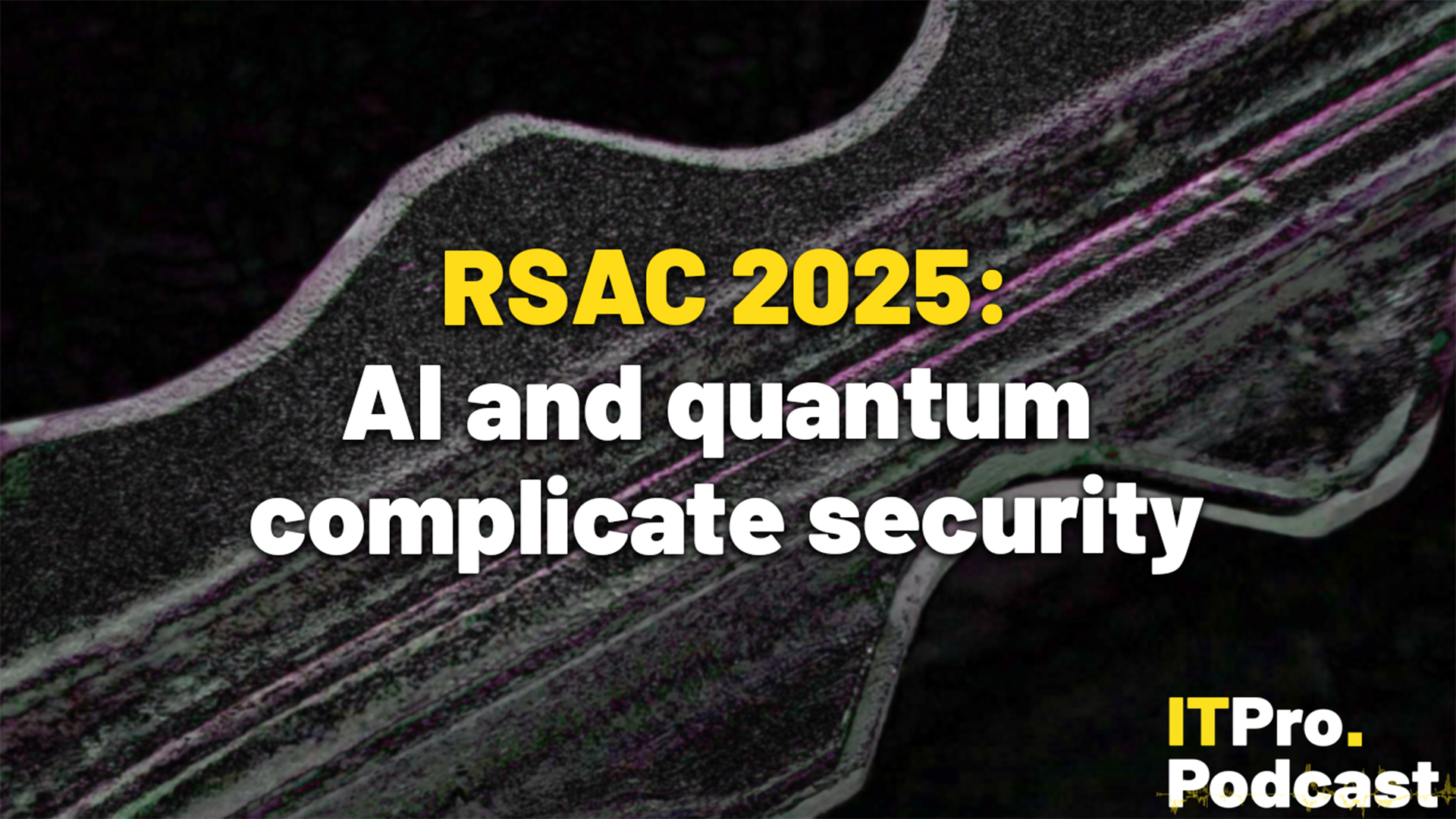Taking on the fraudsters
If you want to stop cyber criminals, it pays to get to know them...


It takes a lot of time to build up trust with these criminal. Analysts have spent years in the chat rooms gaining the confidence of the fraudsters. But it is not an easy task. The trouble with IRC is that aliases are not persistent. A criminal can have one name one day and the next a totally different one. The analyst can piece together enough information to spot the regulars, even if the names change.
Karmi says that criminals try to buy from people they trust or build up a good reputation. But, because nicknames can be changed at will on these channels, building that reputation or gaining trust is more difficult.
As the internet has grown up, so have the criminals. IRC is used by criminals as a basic way of connecting and talking to each other. Eventually though, they find more efficient ways of doing business. Forums have sprung up to host these communities. These forums hide in the darknet, using the TOR network - something that is not easily accessible by normal internet users.
The forums benefit the fraudsters. According to Karmi, they act as a platform to enable the sharing of knowledge between other fraudsters about specific methods as well as helping them solve each other's problems.
"This is a much more convenient place to sell your ware because here they just shout and there you can have a much more convenient way to publicise yourself," he says.
"The first thing you can see on a forum is that they [the fraudsters] have banners, they advertise." Karmi adds that on the forums criminals can maintain a single identity that they can build up to gain a good reputation. This helps them sell their wares.
While criminals consult with each other on how to commit crime, they are not the only ones to benefit. Karmi says the people hosting these forums also get a piece of the action.
Sign up today and you will receive a free copy of our Future Focus 2025 report - the leading guidance on AI, cybersecurity and other IT challenges as per 700+ senior executives
"They offer escrow services and other ways to get a nice percentage of everyone's fraud," he adds.
"Just organising this service for fraudsters can be very beneficial even if you don't commit the crime yourself," he says of the people running criminal forums.
The criminal community organisers and their escrow services also combat a problem for criminals, mainly rippers. These are criminals that scam other criminals.
The people that run forums will hold onto money while a transaction goes through to prevent rippers from making off with money and leaving the criminal out of pocket. The people running the escrow service take their percentage.
These communities must realise that firms such as RSA are infiltrating them. Karmi warns that the communities themselves are more and more closing themselves off from the outside world to protect themselves. Gaining entry to them means having someone vouch for you, having recommendations from other people or having people responsible for you.
Getting in
Once on the inside, the analysts can start carrying out their work. Usually this involves getting a criminal to share some information on stolen cards. This helps in identifying a breach.
"We ask for a sample to see if they are the real deal. He'll send us a batch. If we can get a number of cards from a single batch, in most cases we can identify the single point of compromise, because we are trying to help identify the compromised merchant," says Karmi.
"Even if we get two cards from this single batch, then we can identify that both cards were used in, say a particular chain of shops. We then know that business is the common point of compromise," Cohen adds.
"Oren [Karmi] will then work with either our customers or different issuing banks to try help identify that common point of compromise. Then we can share intelligence about the merchant that has been compromised."
He adds: "Oran and his team try to get as deep as possible and close as possible to the root [of the compromise] and expose the root."
"We have to be as close as possible to stop that [fraud]."
Rene Millman is a freelance writer and broadcaster who covers cybersecurity, AI, IoT, and the cloud. He also works as a contributing analyst at GigaOm and has previously worked as an analyst for Gartner covering the infrastructure market. He has made numerous television appearances to give his views and expertise on technology trends and companies that affect and shape our lives. You can follow Rene Millman on Twitter.
-
 The modern workplace: Standardizing collaboration for the enterprise IT leader
The modern workplace: Standardizing collaboration for the enterprise IT leaderHow Barco ClickShare Hub is redefining the meeting room
-
 Interim CISA chief uploaded sensitive documents to a public version of ChatGPT
Interim CISA chief uploaded sensitive documents to a public version of ChatGPTNews The incident at CISA raises yet more concerns about the rise of ‘shadow AI’ and data protection risks
-
 RSAC in focus: Key takeaways for CISOs
RSAC in focus: Key takeaways for CISOsThe RSAC Conference 2025 spotlighted pivotal advancements in agentic AI, identity security, and collaborative defense strategies, shaping the evolving mandate for CISOs.
-
 RSAC in focus: Quantum computing and security
RSAC in focus: Quantum computing and securityExperts at RSAC 2025 emphasize the need for urgent action to secure data against future cryptographic risks posed by quantum computing
-
 RSAC in focus: How AI is improving cybersecurity
RSAC in focus: How AI is improving cybersecurityAI is revolutionizing cybersecurity by enhancing threat detection, automating defenses, and letting IT professionals tackle evolving digital challenges.
-
 RSAC in focus: Collaboration in cybersecurity
RSAC in focus: Collaboration in cybersecurityExperts at RSA Conference 2025 emphasised that collaboration across sectors and shared intelligence are pivotal to addressing the evolving challenges of cybersecurity.
-
 RSAC in focus: Considerations and possibilities for the remainder of 2025
RSAC in focus: Considerations and possibilities for the remainder of 2025As 2025 unfolds, RSAC explores the pivotal considerations and emerging possibilities shaping the cybersecurity landscape
-
 RSAC Conference 2025: The front line of cyber innovation
RSAC Conference 2025: The front line of cyber innovationITPro Podcast Ransomware, quantum computing, and an unsurprising focus on AI were highlights of this year's event
-
 RSAC Conference 2025: AI and quantum complicate security
RSAC Conference 2025: AI and quantum complicate securityOrganizations are grappling with the complications of adopting AI for security
-
 RSAC Conference 2025 was a sobering reminder of the challenges facing cybersecurity professionals
RSAC Conference 2025 was a sobering reminder of the challenges facing cybersecurity professionalsAnalysis Despite widespread optimism on how AI can help those in cybersecurity, it’s clear that the threat landscape is more complex than ever
